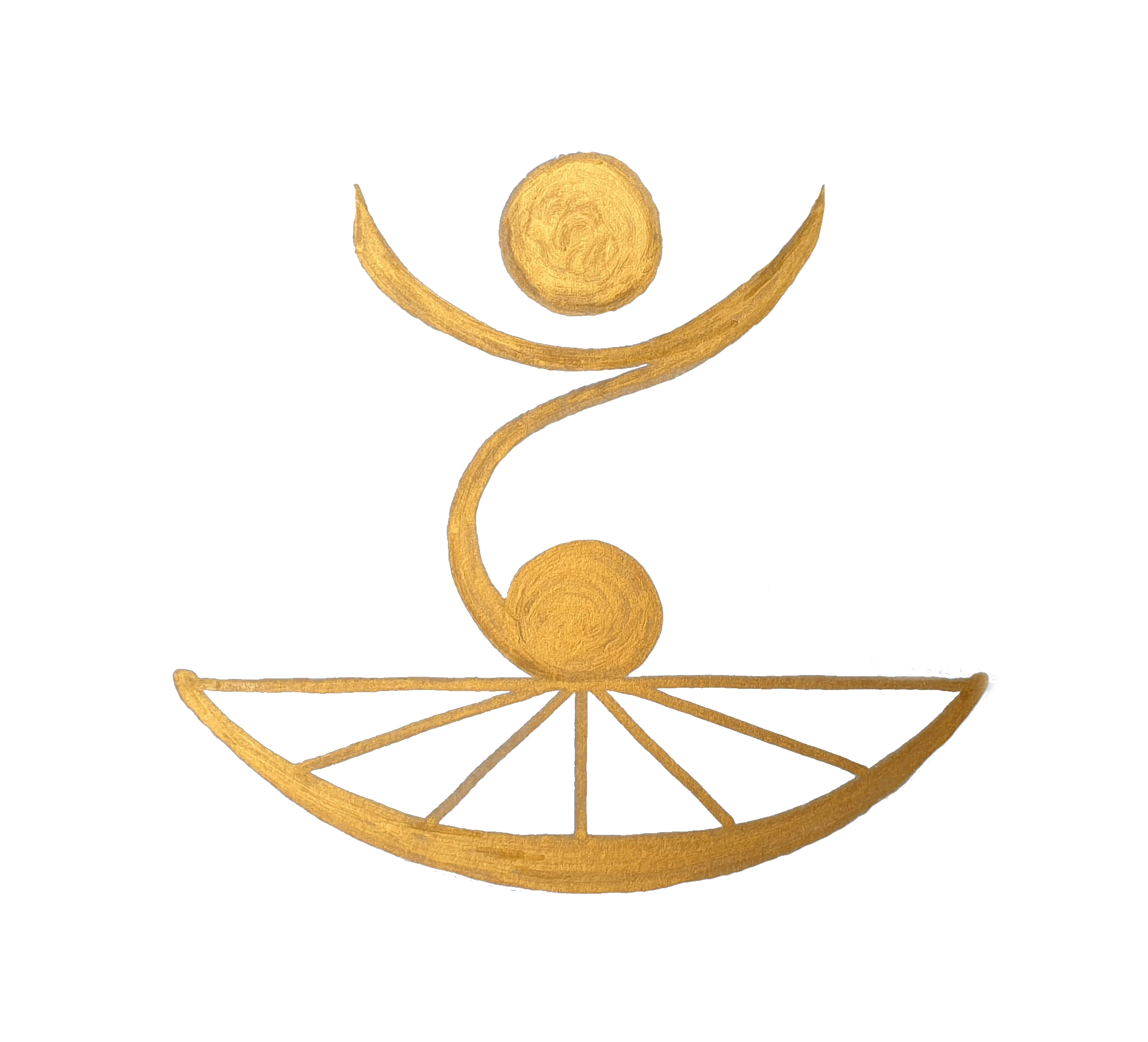“Hearing the words, understand the meaning”—Koto wo ukete wa subekaraku shu wo esu beshi. Koto means “words.” Koto also includes everything: words, things, and ideas that we see or hear. Uke te means “to receive” or “to listen to.” Shu is“ the source of teaching,” which is beyond words. When you listen to the words, you should understand the source of the teaching. Usually we stick to words, so it is dificult to see the true meaning of the teaching. We say that the words or the teaching is the finger pointing at the moon. Words just suggest the real meaning of the truth. If you stick to the finger pointing at the moon, you cannot see the moon. We should not stick to words, but should know the actual meaning of the
words. Learn more about Energy Healing, Muscle Testing & Mental Clarity.

In Sekito’s time each master had his own way of introducing the real teaching to his disciples. As students stuck to their teachers’ words or particular ways, Zen became divided into many schools, and it was hard for the students to know which was the true way. Actually, to wonder which was the true way
was already wrong. Each teacher was suggesting the true teaching, in his own way, from the same source that was transmitted from Buddha. To stick to words without knowing the source of the teaching is wrong, and that is what many teachers and students of Sekito’s time were doing. So Sekito is saying here: If you receive words, you should understand the source of the teaching that is transmitted from Buddha and is beyond each teacher’s own way of expressing or suggesting the truth.
The next sentence is, “Don’t set up standards of your own.” You should not establish rules for yourself; you should not stick to rules or be bound by them. Most people are doing that. When you say “This is right!” or “This is wrong!” you establish some rules for yourself. And because you say so, naturally you will stick to them and be bound by them. That is why Zen was divided into many ways or schools—Soto, Rinzai, Obaku, Ummon, Hogen, and Igyo.
Originally there was one teaching, but each teacher or his disciples established a school, and they stuck to their “family” way and were bound by it. They understood Buddha’s teaching in their own way, and then stuck to their understanding and thought that it was Buddha’s teaching. In other words, they stuck to the finger pointing at the moon. If three teachers are pointing at the moon, each has his own finger, and so there are already three schools. But the moon is one. So Sekito says don’t establish your own rules for yourself. This is very important for our practice. We are liable to establish our own rules. “This is the rule of Tassajara,” you may. Learn more about Energy Healing, Muscle Testing & Mental Clarity.
We Should Not Stick to Words or Rules say. But rules are the finger that points to how we have good
practice at Tassajara according to the situation. Rules are important, but you shouldn’t think: “This is the only way,” “Our rules are true permanent teaching,” or “Their rules are wrong.” You shouldn’t stick to your own understanding of things. Something that is good for one person is not always good for another. So you should not make rules for everyone. Rules are important, but don’t stick to rules and force them on others



